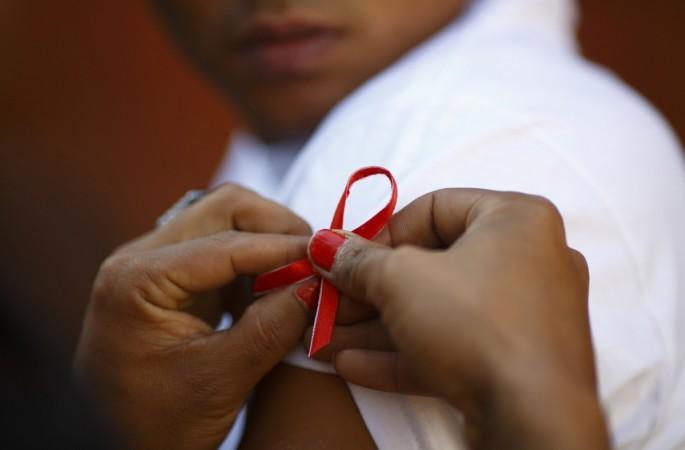
World AIDS Day is celebrated annually around the world on 1 December and it has now become one of the most recognised international health days over the years. World Health Organization considers the day to be a key opportunity to raise awareness on the deadly virus as well as to celebrate many achievements on the subject such as increased access to treatment and prevention services.
History and Background
First conceived in August 1987 by James W. Bunn and Thomas Netter – two public information officers for the Global Programme on AIDS at the World Health Organization in Geneva -- the idea was later approved by Jonathan Mann, Director of the global Program on AIDS. The first AIDS Day was observed on 1 December 1988.
Themes
Each World AIDS Day campaign focuses on a specific theme. From 2005 through 2010, the theme for each observance was "Stop AIDS. Keep the Promise", which was designed to encourage political leaders to keep their commitment to achieve AIDS prevention.
As of 2012, the multi-year theme for World AIDS Day, which is also observed in 2014, is "Getting to Zero: Zero new HIV infections. Zero deaths from AIDS-related illness. Zero discrimination."
The US Federal theme for this year is "Focus, Partner, Achieve: An AIDS-Free Generation."
In observance of the World AIDS Day 2014, here are top 10 facts to know about AIDS, HIV and its effects globally:
- 35.3 million people live with HIV worldwide as of 2014
- 47% of people living with HIV worldwide are women
- 2.3 million people were newly infected with HIV worldwide in 2012
- 1.6 million deaths are attributed to AIDS globally
- In some parts of the world (particularly within Sub-Saharan Africa) almost 15-28% of the population are living with HIV.
- Over 90% of people with HIV were infected through sexual contact
- One can now get tested for HIV using a saliva sample
- HIV is not passed on through spitting, biting or sharing utensils
- Only 1% of babies born to HIV positive mothers have HIV, according to World AIDS Day website
- It only takes 15 to 20 minutes for a person to get the result of an HIV test.
- There is no vaccine and cure discovered so far in medical history for HIV

















